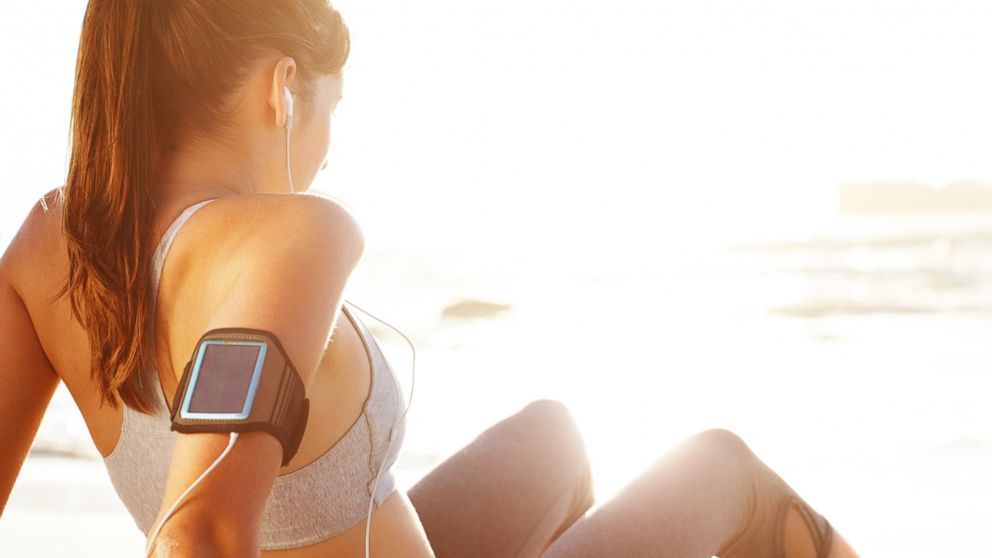10 Habits That Make You Miserable Every Winter
How to feel better in the cold.

— -- Let's face it: Unless you're a ski bum, winter's frigid temps and shorter days can really bring on the blues. "The cold and gray present significant challenges to all of us," says Carol Ewing Garber, PhD, an exercise physiologist and professor of movement sciences at Columbia University in New York City. But the weather outside isn't the only reason you may feel down in the dumps. Here are some common bad habits that have a tendency to creep up every time the temperature starts to drop. Being proactive before the season hits its stride, says Garber, can set you up for a happier and healthier winter.
Surprising Causes of Winter Depression
Avoiding exercise
Exercise is a potent stress-reducer, and research suggests that it may even help ease symptoms of depression and anxiety. But even the most devoted runner or gym-goer can lose motivation when the days get short, cold, and gray, and lose the mental health boost along with it. "It's so easy to talk yourself out of it," says Garber. So how to keep up with the recommended 30 minutes of activity, five days per week? Garber suggests scheduling exercise, as you would for a salon or doctor appointment, and sticking to it with the help of a group fitness agreement with friends or family. Yoga can also ease your mind and get your body moving in a low-key group setting. "We know it improves depression and anxiety," says Michelle Dossett, MD, physician and researcher at the Benson-Henry Institute for Mind Body Medicine at Massachusetts General Hospital in Boston.
Cooping yourself up inside
Not much beats Netflix and a warm blanket on a chilly day, but holing up indoors can have consequences. "In the winter, a lot of people do start to feel depressed," says Garber. "Getting outside in the cold weather helps people feel better." Daylight is ideal, as sunshine boosts mood and levels of depression-fighting vitamin D, but some studies suggest that even going outside in the dark can shift your negative outlook, Garber says. Your best bet: Don't get out of the habit of spending time outside as summer fades into fall and winter. "If you start before it gets too cold, you sort of adjust gradually to that temperature," Garber says.
10 Signs You Should See a Doctor for Depression
Not applying sunscreen
If you do get outside regularly in the colder months, that's great—just don't forget that the sun is always there, lest you wind up with a painfully sunburned face. "Even on a cloudy day, you can still get a significant degree of sun exposure," says Rajani Katta, MD, professor of dermatology at Baylor College of Medicine. Skiers should be particularly vigilant about applying sunscreen. "Whenever there's snow, there's an opportunity for the sunlight to reflect back onto your skin," Dr. Katta says. For the rest of us who may forget to slather on sunblock on gray, wintry days, Katta suggests keeping a bottle next to the toothpaste or, if you're a parent, beside your child's backpack. "Put it somewhere where you're just not going to be able to avoid seeing it," says Dr. Katta. While sunblock does cut back on the skin's ability to create vitamin D, you only need about three weekly 10- to 15-minute bursts of sunlight exposure to generate enough.




